Most Famous Classical Trumpeters
Traditionally confined to orchestras and ensembles, the trumpet underwent a transformative journey, thanks to these iconic classical trumpet players. Their virtuosity and diverse styles not only elevated the trumpet to a solo instrument but also left an indelible mark on the classical music landscape.

- Wynton Marsalis: A Jazz Pioneer with Classical Roots
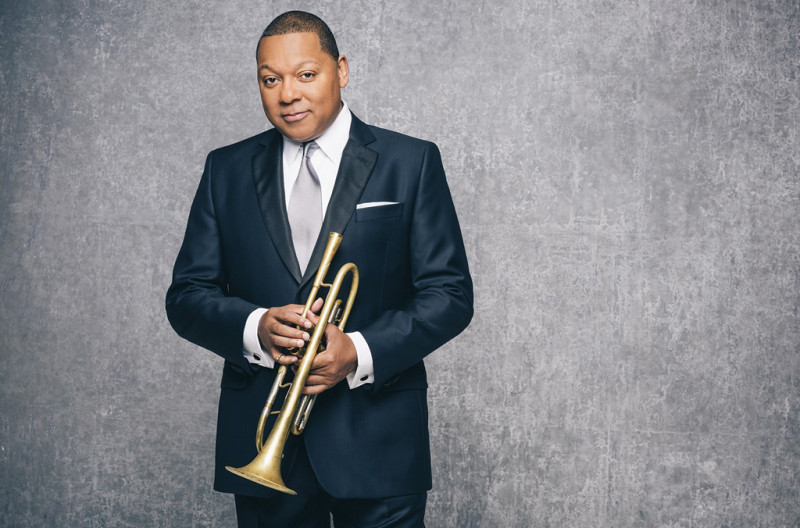
Hailing from the birthplace of jazz, Wynton Marsalis emerged as one of the most renowned trumpeters. Initially oriented towards classical music at Juilliard, Marsalis pivoted to jazz, showcasing his versatility. The founder of the Classical Jazz series at the Lincoln Center, Marsalis bridges the gap between classical and jazz, expanding the trumpet's horizons.
- Alison Balsom: A Trailblazing Female Virtuoso

If you are interested in learning music check out our Music Lessons in Tempe.
Breaking gender barriers, Alison Balsom, a prodigious English trumpeter, embarked on her musical journey at a young age. Joining the National Youth Orchestra of Great Britain at 15, Balsom's solo career, coupled with her role as the principal trumpet of the London Chamber Orchestra, earned her accolades like Best Female Artist at the Classical BRIT Awards.
- Tine Thing Helseth: Norwegian Elegance Meets Contemporary Flair
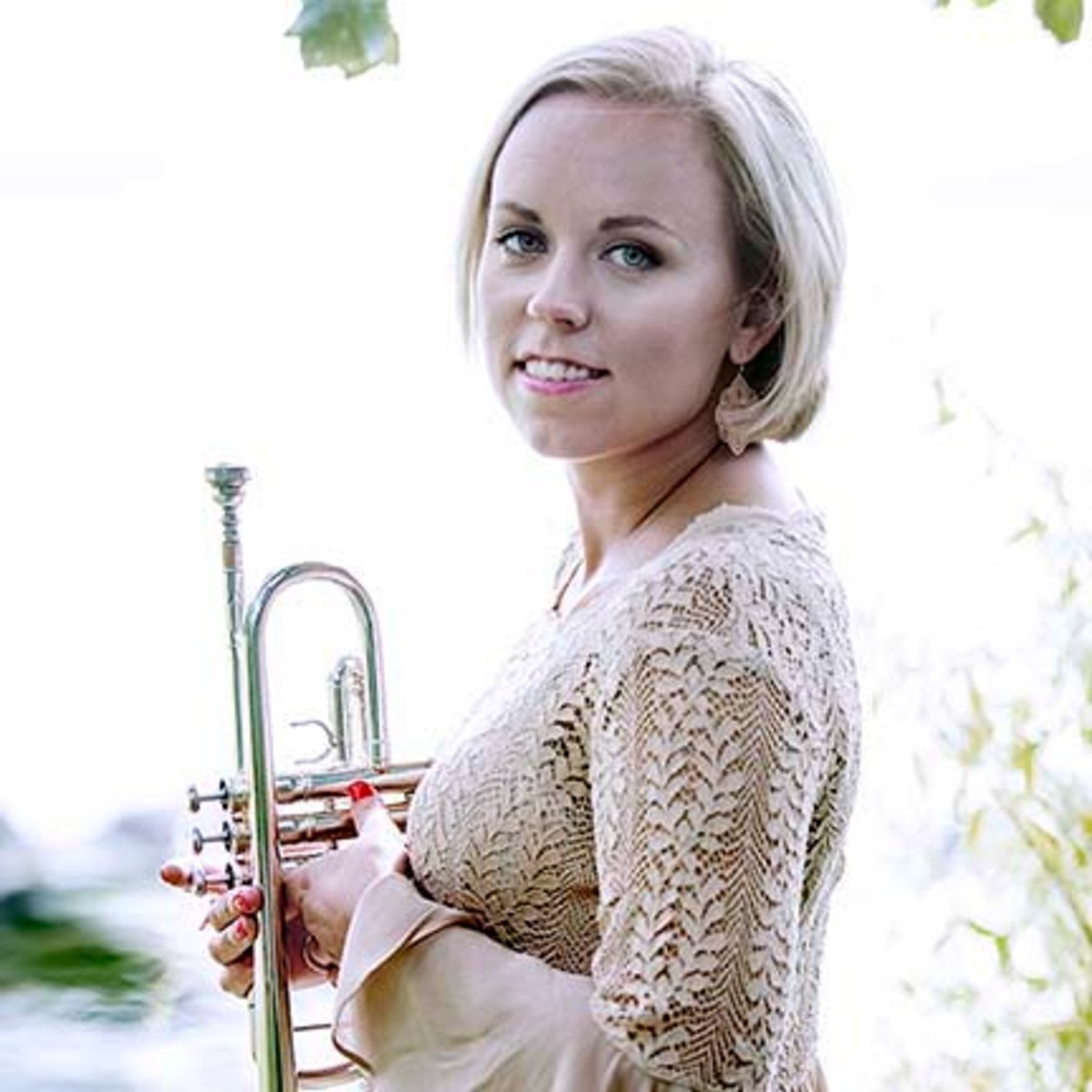
Tine Thing Helseth, a Norwegian trumpeter, seamlessly weaves classical roots with contemporary influences. A founding member of the brass ensemble tenThing, Helseth's global presence includes performances at the Nobel Peace Prize Concert. Her ability to traverse classical and modern compositions marks her as a visionary trumpeter.
- Timofei Dokschitzer: Opera-Inspired Trumpet Virtuoso

Russian trumpeter Timofei Dokschitzer's unique sound stems from his love for opera. Beyond solo performances, Dokschitzer contributed to elevating the trumpet as a solo instrument, akin to a vocal voice. His dual role in orchestras for theaters solidified his influence on trumpet's solo capabilities.
- Maurice André: From Coal Mines to Trumpet Mastery
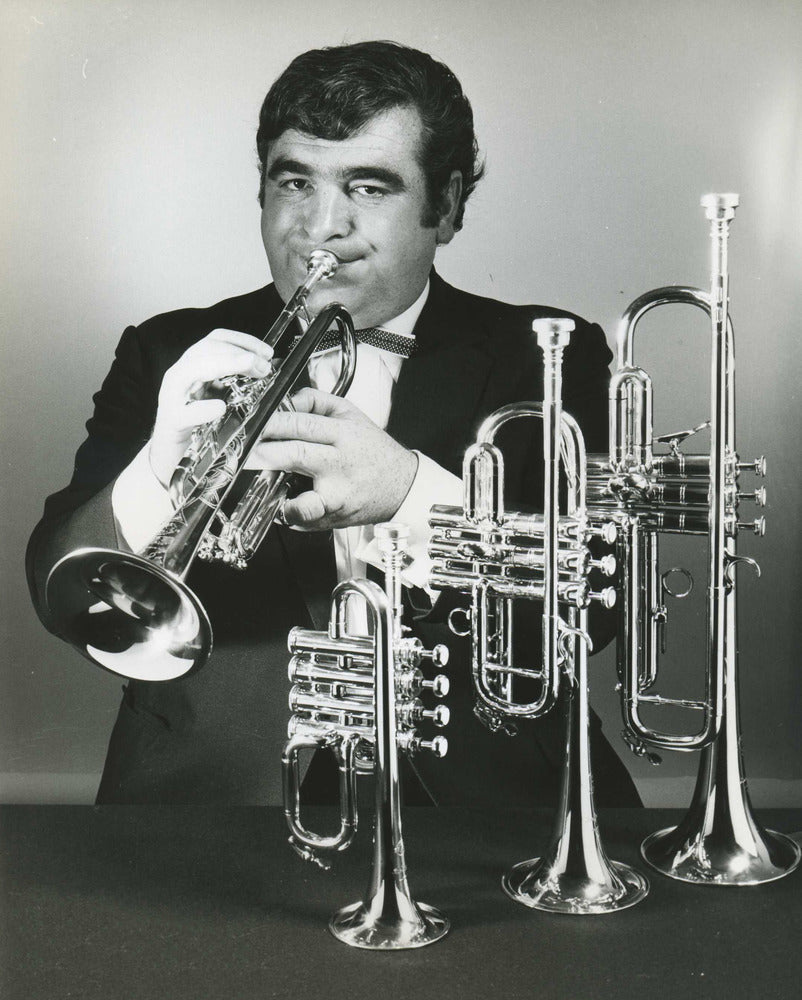
Maurice André's journey from a coal miner's son to a trumpet virtuoso exemplifies resilience. With over 300 recordings, André's ingenuity lay in transcribing pieces for other instruments to trumpet, showcasing his adaptability. Renowned for his piccolo trumpet and specially-crafted instruments, André's legacy reverberates through the annals of trumpet history.
- Philip Smith: Trumpet Prodigy of International Stature

Philip Smith, mentored by his father, a cornet player, emerged as a distinguished trumpeter. His tenure with the Chicago Symphony Orchestra and the New York Philharmonic underscored his international acclaim. Smith's commitment to education at the University of Georgia and his role in various ensembles solidified his impact on trumpet pedagogy.
- Sergei Nakariakov: Redefining Tones with the Flugelhorn

Israeli-Russian trumpeter Sergei Nakariakov reshaped classical trumpet playing by popularizing the flugelhorn. Infusing a mellow tone through a custom flugelhorn with four valves, Nakariakov's distinct sound attracted collaborations with renowned musicians. With 18 albums to his credit, Nakariakov continues to innovate within the classical trumpet realm.
- Rafael Méndez: The "Heifetz of the Trumpet"
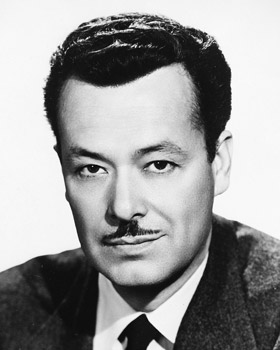
Rafael Méndez, likened to violinist Jascha Heifetz, earned acclaim for his solo trumpet prowess. Transitioning from a life in steel mills to a full-time trumpeter, Méndez's contributions extended to Hollywood studio orchestras, leaving an indelible mark on movie soundtracks. His nickname, the "Heifetz of the Trumpet," pays homage to his exceptional skills.
- Derek Watkins: From Early Prodigy to Studio Maestro
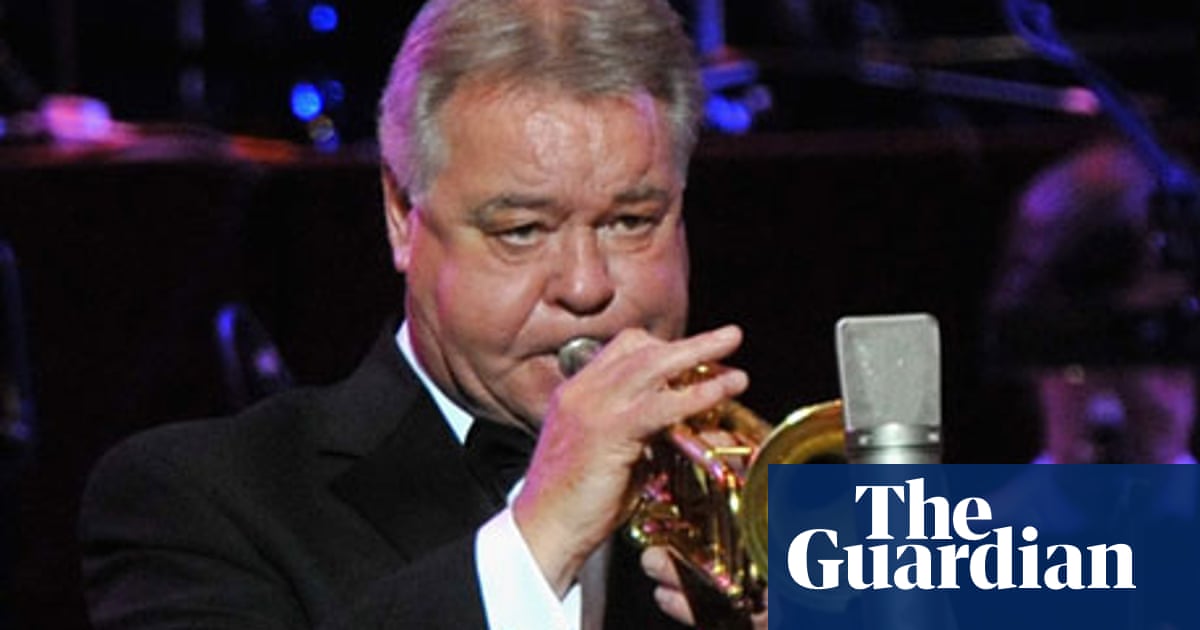
Derek Watkins, born into a musical lineage, commenced his cornet journey at an early age. His extensive career encompassed collaborations with legends like Elton John and the Beatles, marking his transition from orchestral settings to studio recordings. Watkins' impact resonates in the diverse musical realms he ventured into.
- Ryan Anthony: Championing Music and Charity
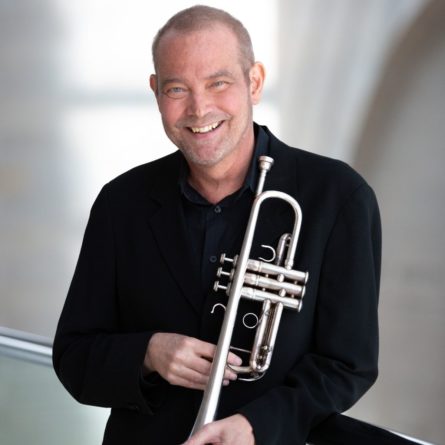
Ryan Anthony, a versatile musician, transitioned from violin to trumpet, inspired by family roots. As a founding member of Cancer Blows, a nonprofit supporting cancer research, Anthony's philanthropic endeavors complemented his prolific career. His legacy lives on through the musical notes he crafted and the charitable impact he made.
- Jean-Baptiste Arban: The Cornet Virtuoso and Educational Pioneer

French conductor and cornet player Jean-Baptiste Arban pioneered the elevation of the cornet as a solo instrument. His groundbreaking work, "The Arban Method," dubbed the "Trumpeter's Bible," continues to shape contemporary brass education. Arban's legacy endures, influencing generations of aspiring trumpet players.
In tracing the evolution of classical trumpet playing, these eleven maestros have collectively shaped the narrative, leaving an everlasting imprint on the trumpet's role in classical music.
If you like this check out our article: The Real Book and the Composers Behind the Tunes
